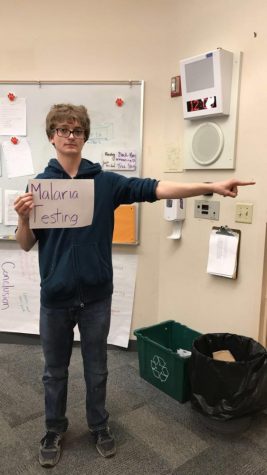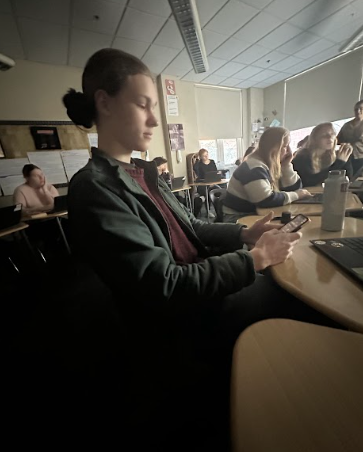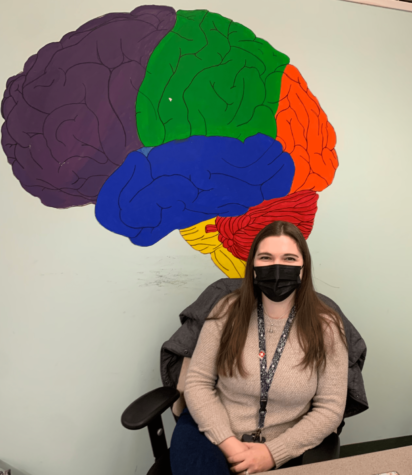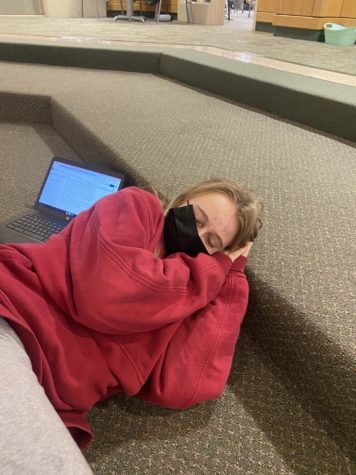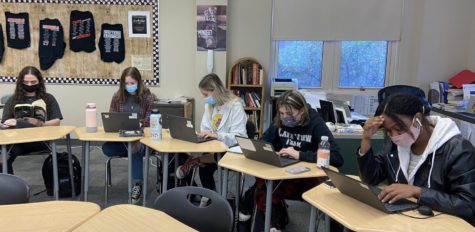End of Malaria?
May 24, 2017
Malaria is a disease that has been affecting numerous parts of the world throughout a significant portion of human history, dating back to 2700 BC China. Carried by mosquitoes, it can be easily transmitted, thus affecting large populations. There are many drugs used for malaria treatment, such as atovaquone-proguanil (also known as Malarone®), which have found success in getting rid of the disease in the United States and parts of Europe. Despite this, it is still a problem worldwide, mainly in tropical and subtropical areas. In 2015, there were 438,000 deaths as a result of the illness, 88 percent of which occurred in Africa. However, there has recently been a scientific development involving a vaccine that could bring a great amount of positive change to these parts of the world.
In the last 15 years, between 2000 and 2015, global efforts cut the malaria death toll by 62 percent. Despite this progress, it wasn’t enough. Babies and young children in sub-Saharan African countries such as Ghana, Kenya, and Malawi are still suffering from this disease in large numbers. What we need is something that can one day wipe out malaria entirely, and hopefully this new vaccine will be the solution. The problem is that many third-world countries don’t have the resources or money to afford treatment for such deadly diseases. Out of the 438,000 people who died from malaria in 2015, 300,000 of them were children in Africa. This calculates to 68 percent of all the deaths from malaria, so the remaining 20 percent in Africa comes out to be about 87,600 adults.
Malaria infects more than 200 million people every year and kills about half a million, most of them children in Africa. Because of this, British pharmaceutical company GlaxoSmithKline has invented a potential vaccine that could help cure children with malaria. The hope is that the vaccine will protect children from the deadliest form of malaria, known as Plasmodium falciparum. Proven only partially successful in clinical trials, the vaccine must be distributed in a four-dose schedule to increase success rates. The vaccine will be given once a month for the first three months, and then the fourth and final dose will be given 18 months later. The vaccine works by training the immune system to attack the malaria parasite, which is spread by mosquito bites.
When informed of this story, an anonymous student at Ipswich High School shared her thoughts, saying that “this could be a very positive development because a lot of people suffer and die as a result of malaria every year. A cure would be beneficial to the affected countries, as well as humankind.” In addition to the student, Mrs. LaFrance, a science teacher at Ipswich High School, also decided to comment upon the matter. She believes that the vaccine “has the potential to help a lot of people in that part of the world that suffer from malaria,” and she is “hopeful and excited to see how well this vaccine will work for these children.”
Over the course of many centuries, malaria has proven to be a very dangerous and powerful disease. Now, with scientific advancements occurring at an exponentially greater frequency than ever before, we may be able to stop it in its tracks. So, can we end malaria for good? Only time will tell, but the future appears to be optimistic.

